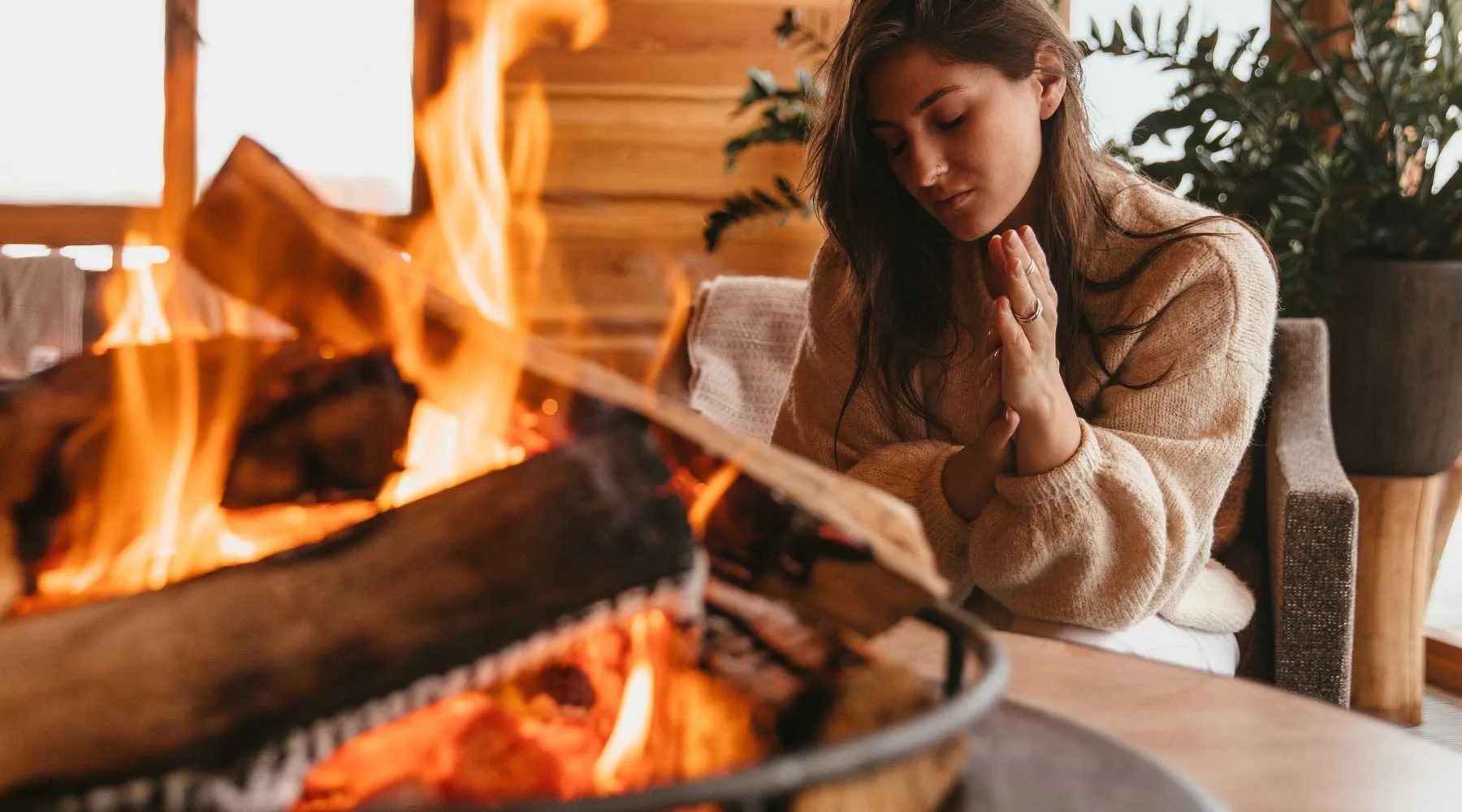Bills set to sizzle: Aussies will pay $1.7 billion to heat their homes this winter

Australians could face higher heating bills this winter, according to new research by Finder.
Finder looked at running costs for 70 electric heaters and 10 gas heaters to work out how much it would cost to heat your home this winter.
The research revealed it will cost the average household $257 – up from $228 in 2023 – to heat their homes this winter, at a daily cost of $2.82.
That's equivalent to almost $1.7 billion spent nationally on staying warm during the cooler months.
On average, gas heaters work out more expensive ($274) compared to electric heaters ($239), but it depends on the state you live in.
Electric heaters will be significantly more expensive for households in VIC and QLD, while gas heaters will sting the most for households in NSW and SA.
South Australia faces the highest heating costs, with the cost of a gas heater reaching $411 and electric at $340.
This is followed by Queensland with the cost of running an electric heater at $248, compared to gas heating at $246.
Mariam Gabaji, utilities expert at Finder, said households could face higher than normal winter heating bills.
"$257 might not seem like a massive amount at first glance but keep in mind, it's just for using a single heater, not multiple heaters, and definitely doesn't make up the entirety of your energy bill.
"Heating makes up for 30-40% of a household's energy bill."
Reverse-cycle air conditioners are the cheapest way to keep warm this winter, costing just $149 to run on average, compared to $268 for convection heaters.
Gabaji said Aussies should look for a cheaper and more energy efficient heater.
"While other electric and gas heaters have to use energy to "make" heat, a reverse-cycle system actually "takes" heat from outside of your home and releases it to warm a room.
"They can significantly save you money in the long run, but this will depend on the capacity of the air conditioner and the size of the room you're heating."
Gabaji urged Aussies to look for ways to save on their energy bill this winter.
"Many households are on tight budgets right now and can't afford higher energy bills.
"Your first call of action to start saving should be to find out if you're still on the best energy deal available.
"Call your provider to see if they have a cheaper plan or better yet, compare deals from other retailers that may be offering more affordable rates than you're currently on.
"If you haven't compared and switched providers in the last 12 months, you're probably missing out on substantial savings," Gabaji said.
| The average cost of heating per household | ||
|---|---|---|
| State | Electric heater | Gas heater |
| NSW | $224 | 311 |
| VIC | $227 | $216 |
| QLD | $248 | $246 |
| SA | $340 | $411.00 |
| Australia | $239 | $274 |
| Source: Finder |
Methodology
- Finder compared 80 heaters across 8 categories with a 4-star rating or above from customers. These included 10 gas heaters and then 70 electric heaters: ceramic heater, convection heater, fan heater, oil-filled column heater, panel heater, radiant bar heater and reverse-cycle air conditioner.
- To calculate how much it costs to heat a home during winter:
- We first multiplied every heater's input power by the average electricity or gas cost per state or territory. This gave us the hourly running cost.
- We multiplied this by 4.4 hours of daily use over 90 days to get the overall winter heating cost.
See how much it will cost to heat your home this winter.
Ask a question
